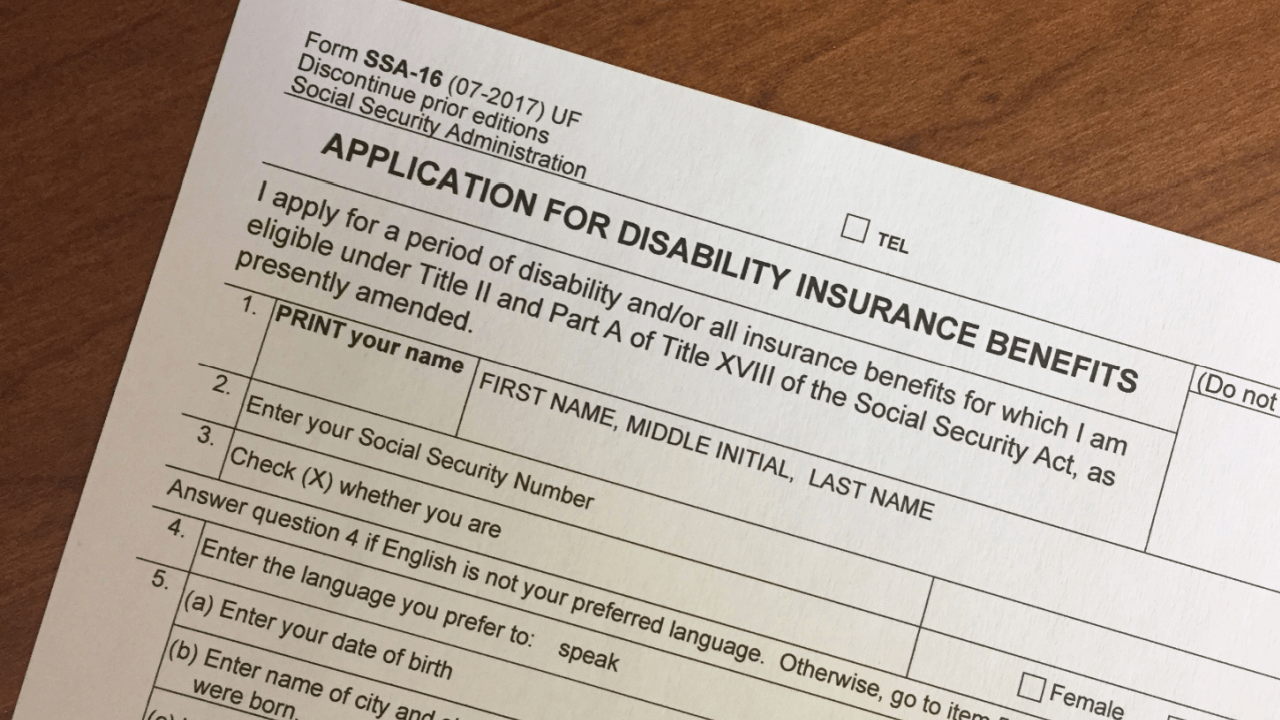
What Should a Reconsideration Letter Say
Essential Elements: What Should a Reconsideration Letter Say
Understanding what should a reconsideration letter say is crucial when appealing denied benefits, claims, or administrative decisions. A well-crafted reconsideration letter can help present your request clearly and address the reasons for an unfavorable decision. This comprehensive guide covers everything you need to include for maximum effectiveness.
A reconsideration letter serves as your formal request to review and potentially reverse a previous decision. Whether you’re appealing Social Security disability benefits, unemployment claims, or other government decisions,
Core Components: What Should a Reconsideration Letter Say
Your reconsideration letter must include specific essential elements to be effective. The Social Security Administration requires clear documentation when requesting disability benefit reconsiderations.
Personal Information and Case Details Start with your full name, Social Security number, case number, and contact information. Include the date of the original decision and reference the specific determination you’re challenging. This information helps administrators quickly locate your file.
Clear Statement of Disagreement Explicitly state that you disagree with the decision and request reconsideration. Be specific about which aspects of the decision you’re challenging. Understanding what should a reconsideration letter say means being precise about your disagreement.
Supporting Evidence and Documentation Present new evidence or highlight overlooked information from your original submission. Include medical records, witness statements, employment documentation, or expert opinions that support your position. Many appeals include evidence that wasn’t previously considered.
Legal and Factual Basis Explain why the original decision was incorrect based on facts or applicable laws. Reference specific regulations, policies, or precedents that support your position. Visit our disability resources for detailed information about legal standards.
Strategic Approach: What Should a Reconsideration Letter Say
When considering what should a reconsideration letter say, focus on presenting a compelling narrative that addresses the decision-maker’s concerns. The Department of Labor emphasizes the importance of clear, concise appeals in their guidelines.
Address Specific Deficiencies If the original denial cited specific reasons, address each point systematically. Don’t ignore any concerns raised in the initial decision. Instead, provide evidence or explanations that counter those objections.
Maintain Professional Tone Keep your language respectful and professional throughout the letter. Avoid emotional appeals or confrontational language. Decision-makers respond better to factual presentations than emotional arguments.
Organize Information Logically Structure your letter with clear sections and bullet points when appropriate. This organization makes it easier for reviewers to understand your arguments and locate supporting evidence.
Key Formatting: What Should a Reconsideration Letter Say Structurally
Proper formatting enhances your letter’s effectiveness. The Veterans Affairs decision review process provides excellent examples of well-structured appeals.
Use standard business letter format with date, recipient address, and formal salutation. Include clear headings for different sections of your argument. End with a specific request for action and your signature.
Length and Detail Balance Most effective reconsideration letters range from one to three pages. Include enough detail to support your case without overwhelming the reviewer. What should a reconsideration letter say depends partly on the complexity of your situation.
Supporting Document Organization Attach supporting documents in logical order with a cover sheet listing each item. Label exhibits clearly and reference them within your letter text. This organization demonstrates professionalism and makes review easier.
Bottom Line: What Should a Reconsideration Letter Say
Successfully appealing denied decisions requires understanding what should a reconsideration letter say and implementing proven strategies. Focus on new evidence, address specific deficiencies, and maintain professional presentation throughout. With proper preparation and clear communication, your reconsideration letter can clearly present your request for reconsideration.
Take Action Now: What Should a Reconsideration Letter Say in Your Case
Don’t let a denied claim or decision go unreviewed. Understanding what a reconsideration letter should say is an important step in requesting reconsideration. If you’re dealing with denied SSDI benefits, learn about your options here. Get professional guidance to ensure your reconsideration letter includes the necessary elements for review.
Frequently Asked Questions
1. How long should a reconsideration letter be?
A reconsideration letter should typically be 1-3 pages long. Include enough detail to support your case without overwhelming the reviewer. Focus on quality over quantity when determining what should a reconsideration letter say.
2. What documents should I include with my reconsideration letter?
Include any new evidence supporting your case, such as medical records, employment documents, witness statements, or expert opinions. Organize documents logically and reference them clearly in your letter.
3. How quickly must I submit a reconsideration letter?
Deadlines vary by program, but most agencies require reconsideration requests within 60-90 days of the original decision. Check your denial notice for specific time limits and don’t delay filing your appeal.
4. Can I get help writing my reconsideration letter?
Yes, you can seek assistance from attorneys, advocates, or representatives familiar with your type of case. Professional help ensures your letter includes all necessary elements and follows proper procedures.
5. What happens after I submit my reconsideration letter?
The reviewing agency will examine your letter and supporting evidence. They may request additional information or schedule hearings. You’ll receive written notification of their decision, which may affirm, reverse, or modify the original determination.
Key Takeaways
- Include essential elements: personal information, clear disagreement statement, supporting evidence, and legal basis in every reconsideration letter
- Address specific deficiencies: systematically counter each reason cited in the original denial with evidence or explanations
- Maintain professional tone: use respectful, factual language throughout your letter rather than emotional appeals
- Organize information logically: structure your letter with clear sections and reference supporting documents appropriately
- Submit timely appeals: respect deadlines and don’t delay filing your reconsideration request to preserve your appeal rights


